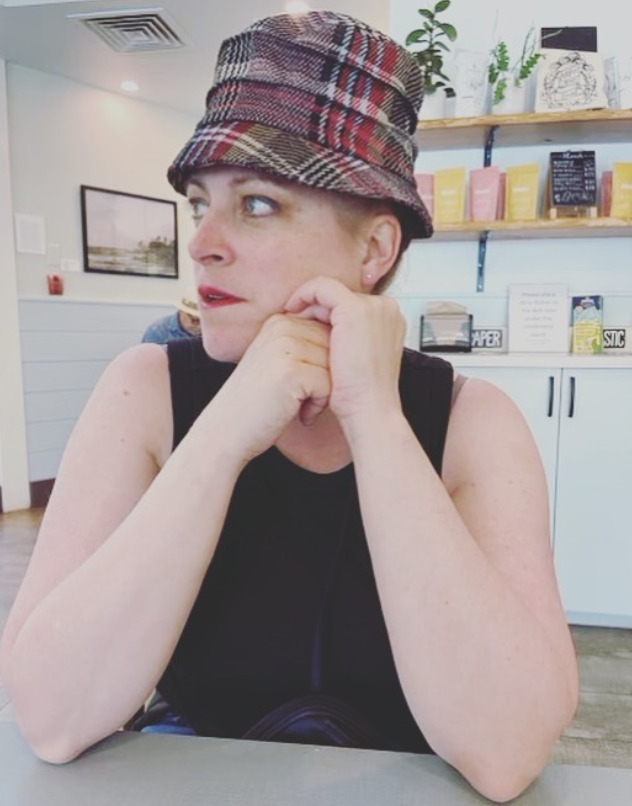Visualizing : New Tricks to Try in the Classroom
 Truth!
Truth!
Not all students visualize naturally. This is surprising for me since I have fainted three times in my life from over visualizing.
Anyway…I recently resubscribed to the International Literacy Association (ILA) and to The Reading Teacher. A subscription that expired as I switched jobs a few years ago but recently I decided that it was important enough for me to keep up with the latest and greatest in literacy.
The latest publication of Literacy Today (a magazine included with the subscription) focuses on Critical Literacy in a Digital World.
This article caught my attention: Teaching Visualizing to Improve Comprehension THE POWER OF THE PICTURE By Brooke MacKenzie
Here are some tips on teaching visualizing from the article
- Introduce visualizing during a Read Aloud
- Model visualizing, using sentence frames: “I see…,” “I hear…,” I smell…,” “I imagine…,” and “When I read this word/ sentence/paragraph, I visualize….”
- Suggested book: The Black Book of Colors – I have also used the Salamander Room. Several book choices for visualizing can be found through a simple Google search.
- It is important to ask: Which words in the text helped you create the picture in your mind? How does this picture help you to better understand the story? – These questions need to be asked often throughout the year not just during visualizing lessons.
- Students who struggle might need to reduce their visualizing to the sentence level and then build to paragraphs.
- Make sure that high quality visualizing examples are provided to students.
- Another way to visualize is from large details (the story elements) to smaller details.
- Students might benefit from closing their eyes to visualize before they draw.
- Materials for visualizing can be a page in a journal or as small as a post it note.
Tech Idea
Tell a story through GIFS! Open a Google Doc – have students use a sequence of GIFS to summarize and put images to their visualization.
Students could create a Google Drawing to represent their visualization. (Students could also use Google Keep.)
To Conclude…
Visualization is an important reading comprehension strategy. One that should be visited often. Hopefully, you will find something new to try from this post.
How do you teach visualizing?
Love Coach Clark


